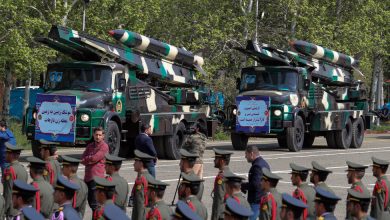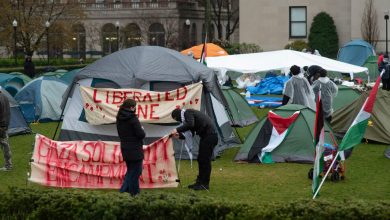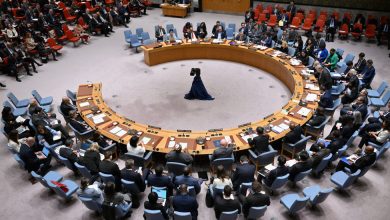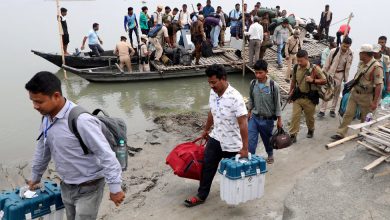North Korea’s Covid outbreak continues to spiral.

North Korea said the number of suspected coronavirus infections in the vulnerable, isolated country was nearing 1.5 million on Tuesday and had resulted in 56 deaths since April.
State media has for several days been reporting hundreds of thousands of new patients a day with fevers, without specifying how many of them had tested positive for the coronavirus. North Korea’s health system probably does not have the capacity for large-scale testing.
Until the current Covid outbreak first reported last week, North Korea had claimed for more than two years that it hadn’t had a single case of the virus. Most of the country’s 25 million people are unvaccinated, as the country has rebuffed repeated international offers of millions of doses.
Pyongyang, the capital, remained under lockdown as of Monday under a “maximum emergency epidemic prevention system,” according to the state-run Korea Central News Agency, and the military was reportedly distributing medication. Officials had earlier ordered all cities and counties to lock down across the nation, saying the illness was spreading “explosively.”
An uncontrolled spread could be particularly lethal in North Korea. The country’s already meager health system has been undercut and drained of resources by some of the world’s strictest pandemic border closures, cutting off supplies from China. The few international aid organizations that had been operating there have been forced to withdraw.
North Korea has also been facing its worst food crisis in decades, after extensive flooding in 2021, probably leaving its people more malnourished and in poorer health than before.
“Medicines of any kind are scarce in the country, and the health care infrastructure is extremely fragile, lacking medical supplies such as oxygen and other Covid-19 therapeutics,” Lina Yoon, a senior researcher for Human Rights Watch, wrote in a report, urging governments and the United Nations to try to persuade the country to accept outside aid. “North Koreans are facing a uniquely acute catastrophe, and the world should not turn away.”
The recent restrictions and the isolation of suspected Covid patients could be catastrophic for those who were already vulnerable, including children, lactating mothers and older people, a spokesperson for the U.N. High Commissioner for Human Rights said in a statement.
Some North Korea observers cautioned against taking state media reports on the pandemic at face value, casting doubt on whether the country had really been spared past waves of the virus and questioning why it was suddenly giving daily detailed reports on the outbreak.
Choi Jung-hun, who worked as a physician and local public health official in North Korea before fleeing the country in 2011, said the reports could be a way for the government to justify keeping the population under oppressive measures as the economic impact of isolation deepens. He said that the 56 reported deaths were suspiciously low compared with the number of suspected cases reported, especially given the state of the country’s health care system.
“The internal discontent is high, and they need an explanation,” Mr. Choi said. “They’re wanting to tighten people’s mind-sets growing lax.”




